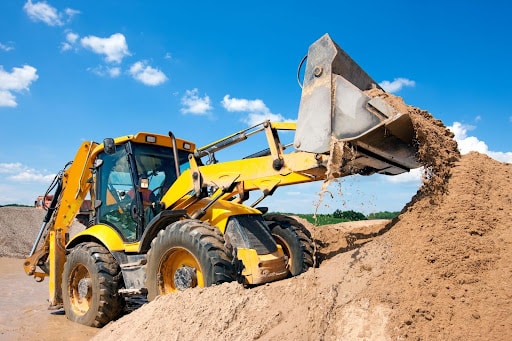Alimony And Maintenance Laws In India: Your Rights And Obligations
Getting a divorce can be hard and draining on your emotions. Amidst the emotional turmoil, individuals must also address practical matters, such as financial support and stability. In India, the concept of alimony and maintenance plays a crucial role in ensuring that the economic interests of both spouses are safeguarded post-divorce. In this article, we will delve into the intricacies of alimony and maintenance laws in India, and highlight your rights and obligations. If you’re facing a divorce in Delhi, it’s essential to seek guidance from the best divorce lawyer in Delhi to navigate this complex terrain effectively.
Understanding Alimony And Maintenance
Alimony and maintenance, often used interchangeably, refer to the financial support provided by one spouse to the other during and after divorce or separation. The primary objective of these provisions is to ensure that neither spouse faces financial hardship post-divorce, especially if one spouse is economically dependent on the other.
Types Of Alimony And Maintenance In India
In India, there are various forms of alimony and maintenance, each designed to address different aspects of financial support:
Permanent Alimony: Permanent alimony is awarded when one spouse, typically the wife, is unable to support herself financially due to factors like age, health, or absence from the workforce. The payment is usually made periodically (monthly) and continues indefinitely until the recipient’s circumstances change significantly.
Rehabilitative Alimony: Rehabilitative alimony is intended to help the recipient spouse regain financial independence. This form of support is provided for a limited period, during which the receiving spouse is expected to acquire the necessary skills or education to become self-sufficient.
Lump Sum Alimony: Instead of periodic payments, lump-sum alimony involves a one-time payment to the spouse in need. This is often chosen when both parties agree on a specific amount to be paid as a settlement.
Interim Maintenance: Interim maintenance is awarded during the divorce proceedings to cover immediate expenses. It ensures that the dependent spouse has the financial means to sustain themselves until a final settlement is reached.
Rights And Obligations
Understanding the rights and obligations regarding alimony and maintenance is crucial for both the paying and receiving spouses.
Rights of the Receiving Spouse:
Right to Maintenance: If you are the spouse with a genuine need for financial support, you have the right to seek maintenance from your ex-spouse.
Right to an Adequate Standard of Living: You have the right to maintain a standard of living similar to what you enjoyed during the marriage.
Right to Approach the Court: You can approach the family court to file for maintenance if your spouse is unwilling to provide financial support voluntarily.
Right to Claim Arrears: If maintenance payments are not made on time, you have the right to claim arrears, i.e., the unpaid amount along with interest.
Obligations of the Paying Spouse:
Legal Obligation to Pay: If you have been ordered by the court to pay alimony or maintenance, it is a legal obligation that you must fulfill.
Honest Disclosure of Income: It is your obligation to provide accurate information about your income and financial status to the court during maintenance proceedings.
Timely Payment: You are obligated to make timely payments as directed by the court order. Failure to do so can result in legal consequences.
Role Of The Best Divorce Lawyer In Delhi
Navigating the complexities of alimony and maintenance laws in India can be challenging without expert legal guidance. This is where the best divorce lawyer in Delhi becomes indispensable. Here’s how they can assist you:
Legal Expertise: A skilled divorce lawyer in Delhi will have a deep understanding of the intricacies of family law, including alimony and maintenance provisions. They can assess your case, advise you on your rights, and help you formulate a strong legal strategy.
Negotiation: Your lawyer can engage in negotiations with the other party’s legal counsel to arrive at a fair and equitable settlement that serves your best interests.
Court Representation: If a settlement cannot be reached through negotiations, your lawyer will represent you in court proceedings, presenting your case and advocating for your rights.
Enforcement and Modification: If you are entitled to maintenance but not receiving it, your lawyer can assist in enforcement proceedings. Conversely, if your financial circumstances change, they can help you seek modifications to the court-ordered maintenance.
Documentation and Paperwork: Legal procedures involve a significant amount of documentation. Your lawyer will ensure that all necessary paperwork is filed correctly and on time, reducing the risk of delays or complications.
Conclusion
Alimony and maintenance laws in India are designed to provide financial support to spouses who may face economic hardships following divorce. Knowing your rights and obligations in this regard is essential. If you are going through a divorce in Delhi, it is highly recommended to consult with the best divorce lawyer in Delhi. They will provide you with the legal expertise and guidance necessary to navigate the complexities of alimony and maintenance, ensuring that your rights are protected and your financial stability is maintained.



